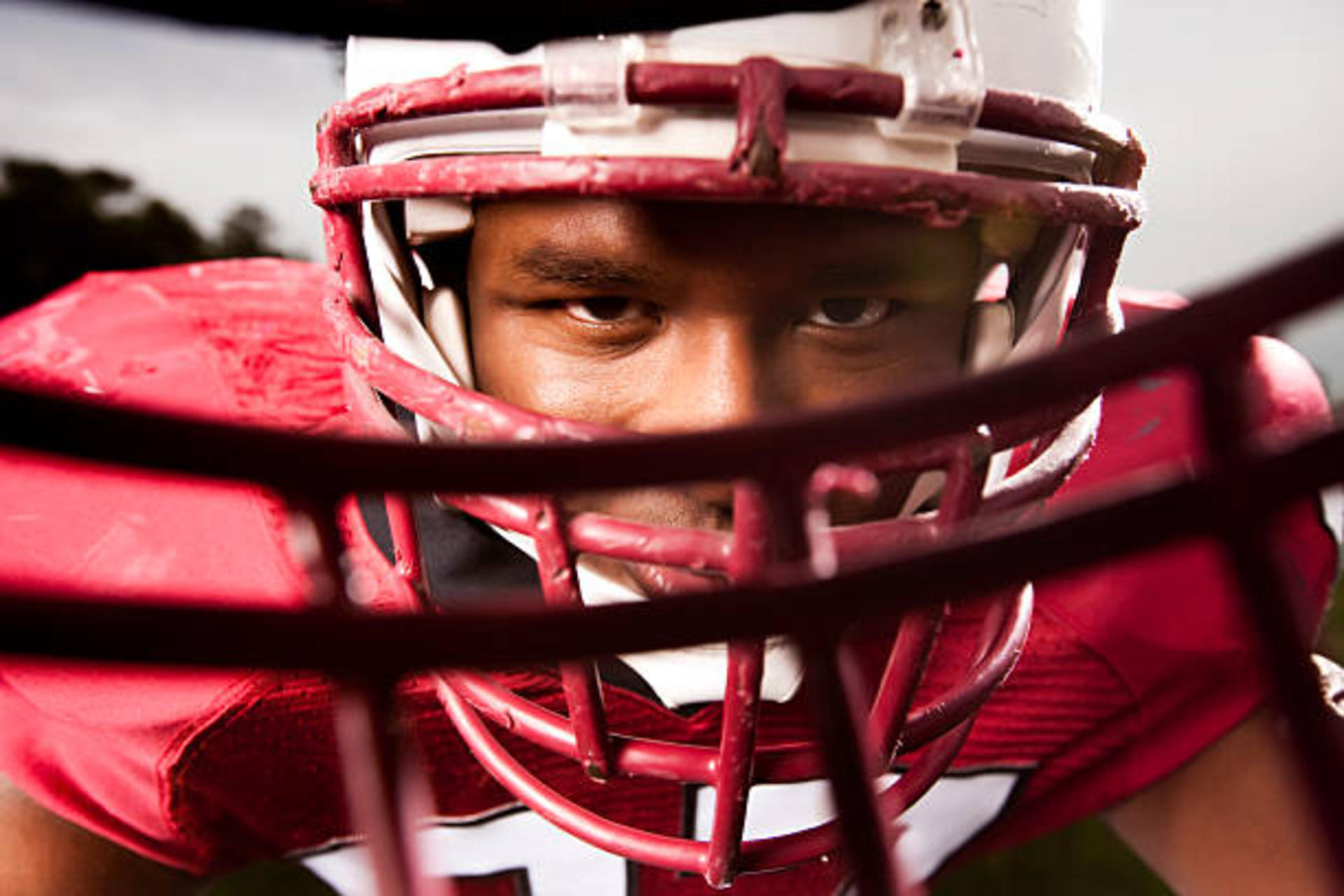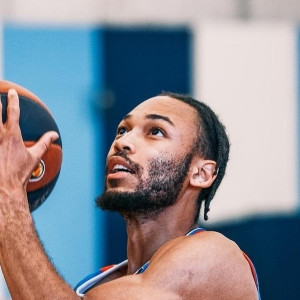Youth football is a formative experience for kids, but concerns about head impacts during tackling are growing. The debate surrounding safety in football for kids is critical, as the benefits of team participation and physical fitness are weighed against potential injuries that could impact a child's future.
Parents and caregivers must weigh the risks of allowing their children to play football, which offers life lessons, friendships, and physical development, against the potential dangers of head injuries.
Football trainers are crucial in ensuring a secure and enjoyable experience for young players. Their expertise in youth football is essential in promoting a positive sports experience.
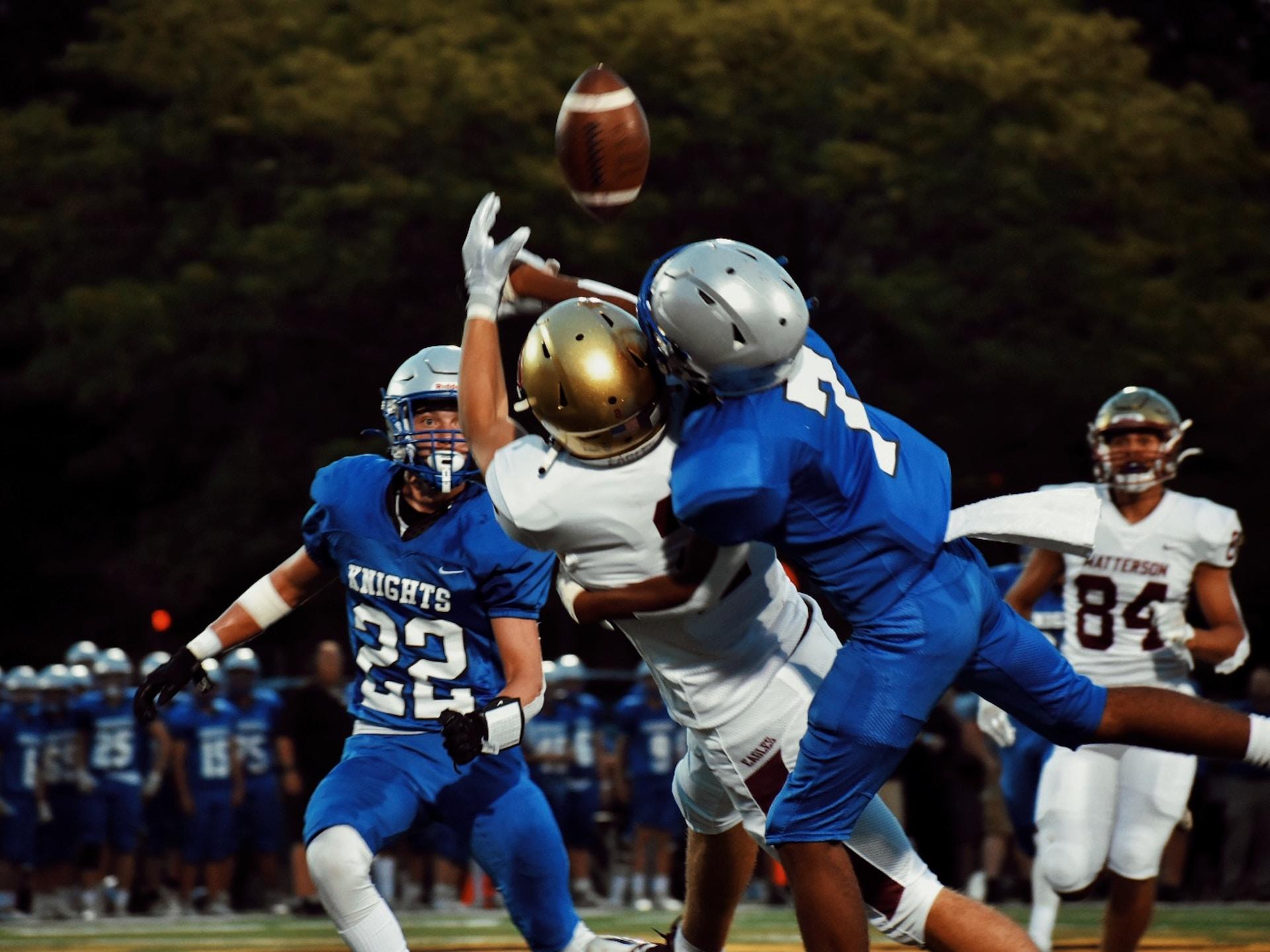

What Attracts Teenagers to Football and How Does it Benefit Them?
Football, often known as soccer in some parts of the world, is one of the most popular sports among teenagers globally. American football stars, renowned for their exceptional skills and athleticism, inspire and influence fans on and off the field, defining the spirit and excitement of the sport.
- Football's popularity among teenagers is undeniable, as they enjoy playing with friends, participating in organized leagues, or watching their favorite teams compete on television. Factors contributing to its appeal include social interaction, competition, and entertainment.
- Football is popular among teenagers due to its simplicity, universality, and role models. It transcends cultural and geographical boundaries, fostering a sense of belonging. Professional football players serve as role models.
- Football improves teenagers' cardiovascular health, strength, endurance, coordination, agility, and bone health. It involves constant running, sprinting, and changing direction, enhancing overall fitness and muscle groups and promoting better hand-eye coordination.
- Teenagers benefit from football, which promotes teamwork, friendship, leadership skills, and discipline. It fosters cooperation, communication, and interpersonal skills, promoting leadership and decision-making abilities through collaboration and adherence to training schedules and rules. Ensure the football trainer is certified and has the qualifications and training in sports training and injury prevention.
- Football offers numerous psychological benefits for teenagers, including stress reduction, confidence boost, goal setting, improved focus and concentration, and the release of endorphins.
Football positively impacts teenagers by fostering emotional expression, reducing risky behaviors, instilling sportsmanship and fair play values, and being inclusive, promoting respect for opponents and officials.
Look for football trainers or youth football coach with a good reputation for safety and injury prevention. Read reviews and ask for recommendations from other players.
Are Football's Safety Concerns Justified?
Football is a beloved sport among teenagers, but it's essential to consider the safety aspects associated with the game.
Concussions and Head Injuries
Football-related concussions among teenagers are a significant concern, with high school football accounting for a significant portion of sports-related concussions in the US. A study in JAMA Pediatrics found that high school football players have a higher rate of concussions than other sports. Repeated head injuries, even mild ones, can have a lasting impact on cognitive health, potentially leading to (CTE), a neurodegenerative disease associated with memory loss, depression, mood swings, and impaired cognitive function.
Orthopedic Injuries
Football, a sport involving high-impact movements, can lead to common orthopedic injuries such as ACL tears, fractures, sprains, and strains. These injuries can be weakening and require surgery and rehabilitation, impacting a teenager's ability to participate in sports and physical activities. Long-term physical health consequences include chronic pain, joint problems, and reduced mobility, while prolonged recovery periods may limit a teenager's overall physical development.
Heat-Related Issues
Football season often coincides with hot weather, increasing the risk of heatstroke, a severe medical emergency causing organ damage or death. Proper hydration and temperature control are crucial in preventing these issues. Coaches and medical staff should implement strict protocols to ensure players stay hydrated, take breaks, and practice in appropriate conditions. Heat guidelines, such as limiting practice during extreme heat, can help reduce the risk of heat-related illnesses.
Football concussions pose a significant risk to teenagers. Still, Superprof football coaches can help reduce this risk by teaching safe techniques and wearing protective gear like helmets and pads, reducing the risk of head injuries.
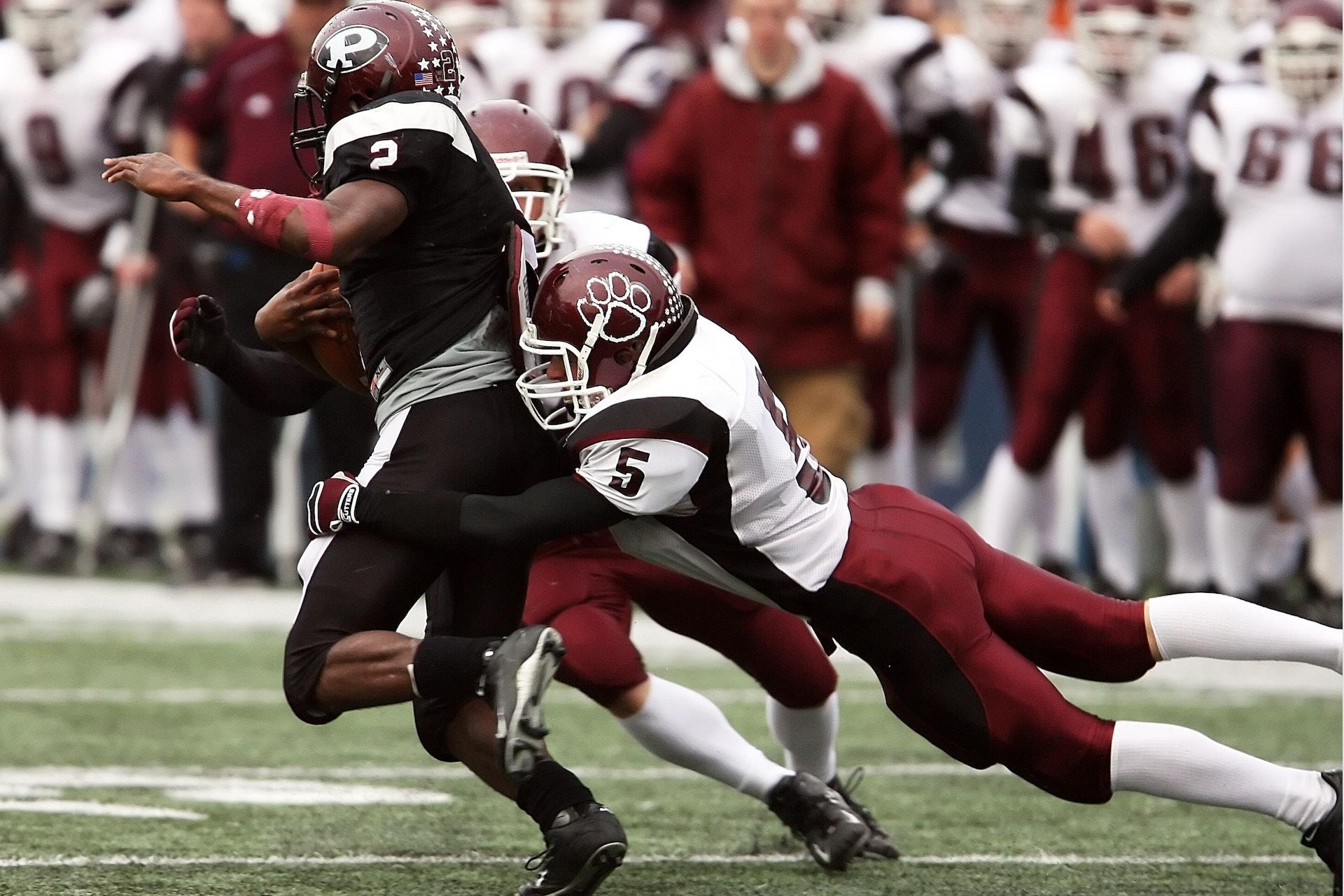

How Can Football Safety Be Enhanced?
This discussion focuses on enhancing safety in football for teenagers through protective measures like helmets, protective gear, rule changes, coaching techniques, and medical supervision, ensuring their well-being. Football lessons allow young players to improve their skills in the game.
Helmets and Protective Gear
Helmets are crucial protective gear in football, designed to absorb and dissipate impact forces, reducing head injuries. Regular checks and adjustments ensure optimal protection. Football gear has evolved to enhance safety with improved helmet technology and additional protective equipment like shoulder pads, mouthguards, and padded pants. These advancements help reduce rotational forces and reduce the risk of concussions.
Rule Changes and Coaching Techniques
Football organizations have implemented rule changes to reduce head contact and high-impact tackles, promoting safer techniques. Players are taught to tackle with their heads up, use proper form, and avoid leading with the helmet crown. Coaches are crucial in promoting safe play, emphasizing good technique, sportsmanship, and injury prevention. Youth football leagues often have strict guidelines for coaches.
Medical Supervision
Qualified medical personnel, such as athletic trainers or team doctors, are crucial for assessing injuries and making informed decisions about player safety. They provide immediate access to medical professionals in cases of head injuries, heat strokes, or other emergencies. Football organizations have established protocols for identifying and addressing injuries on the field, including guidelines for assessing potential concussions and fractures. Players are well prepared to report injuries to coaches.
Superprof is known for connecting students with expert tutors, including football coaches, who play a pivotal role in guiding young athletes safely through their football journey. These dedicated professionals provide specialized training, emphasizing proper techniques and injury prevention.
What Are the Football Health Risks?
Football's popularity among teenagers raises concerns about its long-term health impact, especially CTE.
CTE (Chronic Traumatic Encephalopathy)
CTE is a degenerative brain condition linked to repetitive head injuries, including concussions. It results in abnormal protein accumulation, leading to cognitive and emotional issues. Due to its physical nature and potential head impacts, there is a heightened risk of CTE among players. Recent research suggests that football players may risk developing CTE due to repetitive head trauma, even at youth and high school levels.
Balancing Risk and Passion
CTE, a degenerative brain condition, is linked to repetitive head injuries, particularly concussions. Due to its physical nature and potential head impacts, football has a heightened risk among players, including teenagers, suggesting they may develop CTE due to repetitive head trauma.
Teenagers should be encouraged to make informed decisions about football participation, with parents, coaches, and educators playing crucial roles in guiding them. Open communication, safe techniques, and active monitoring of players for head injuries or concussions are essential for their well-being.
Superprof football coaches prioritize teenagers' mental and emotional well-being by creating a supportive environment where players can discuss issues and enhance their physical development.
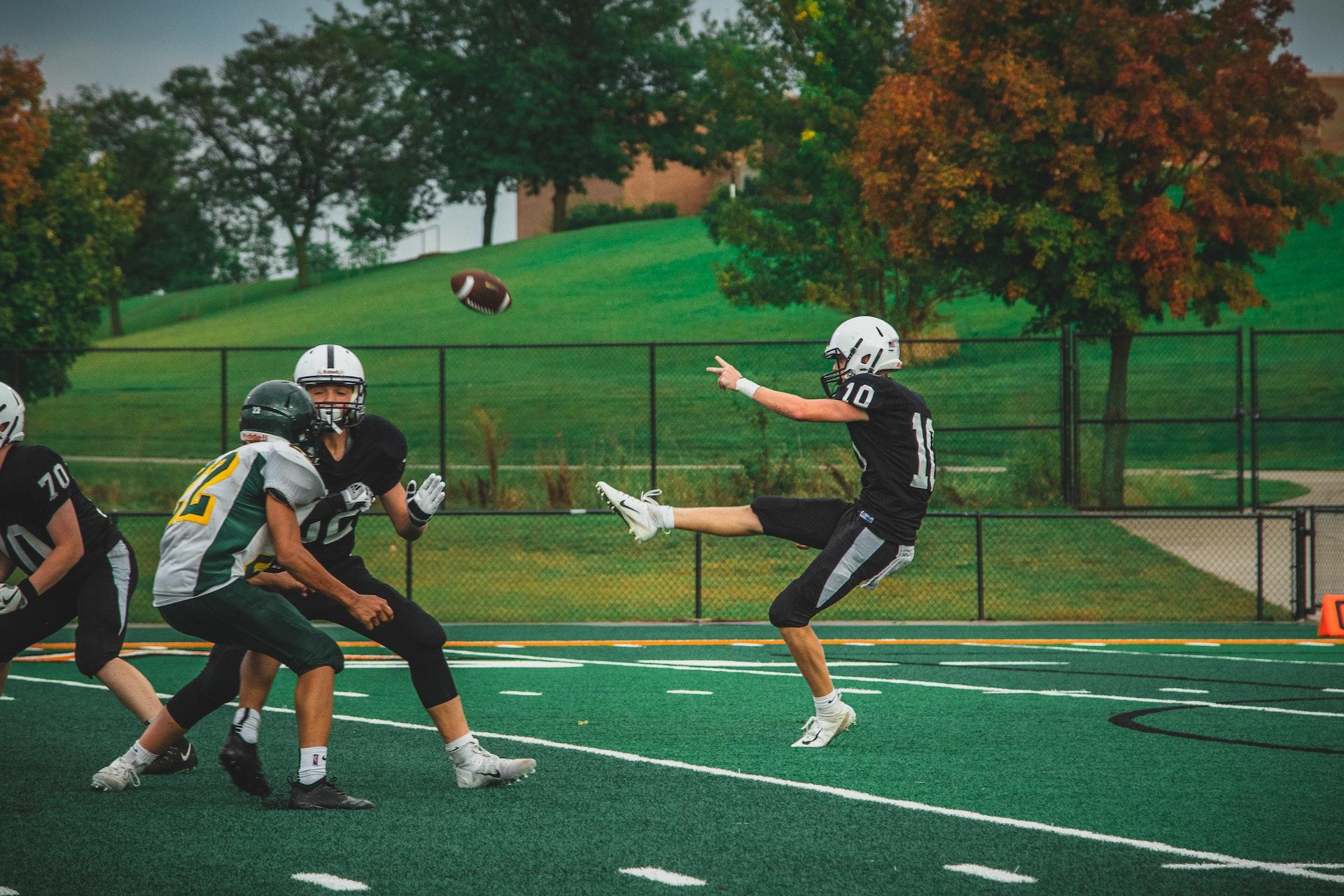
Football Alternatives
While football is popular among teenagers, concerns about its safety have prompted discussions about alternative activities that provide physical fitness, competition, and enjoyment without injury risks. In many educational institutions, grades for football are becoming increasingly important as they recognize the value of balancing academics with sports. Student-athletes are encouraged to maintain good academic standing while excelling on the football field.
Flag Football and Non-Contact Variants
Flag football is a safer alternative to tackle football, requiring players to wear belts with flags attached. This eliminates the risk of tackling-related injuries. Non-contact variants like touch and 7-a-side football emphasize skill, strategy, and teamwork without physical collisions. These options offer teenagers a safe way to enjoy football without incurring concussions or orthopedic injuries.
Promoting a Variety of Sports and Physical Activities
Diversifying sports and physical activities can enhance teenagers' interests, talents, and physical development. Participating in sports like soccer, basketball, volleyball, tennis, and swimming promotes a well-rounded physical profile. Activities like hiking, cycling, dancing, and martial arts are great ways to exercise, have fun, and interact socially.
Maintaining the Spirit of Competition Without Fearing Injuries
Teenagers can maintain their competitive spirit in sports without exposing themselves to injury risks. Intramural or recreational leagues offer modified versions of football, focusing on fun and camaraderie. Sports like ultimate frisbee, flag rugby, and beach soccer offer competitive experiences without physical risk, emphasizing fair play, teamwork, and skill development.
Coaches associated with Superprof often have extensive experience working with youth players, ensuring a safe and nurturing environment for their development. Football camps and institutes provide top-notch coaching, state-of-the-art facilities, and a pathway to professional careers for aspiring players. They offer a structured environment for young talents to improve their skills and fitness.
Learn Football With Superprof
Superprof is a platform that offers guidance and coaching for teenagers interested in pursuing a healthier and more enjoyable sports experience. It provides a platform for teenagers to explore various sports and physical activities while being mindful of safety concerns such as concussions, orthopedic injuries, and heat strokes.
Teenagers can prioritize their health and well-being by promoting open communication and access to resources on safety concerns. Alternatives to conventional football, such as flag football and non-contact variants, can also be explored.
Superprof offers a safe and supportive environment for teenagers to make informed choices and explore alternative sports and activities. By making informed decisions, teenagers can continue to enjoy their passion for sports while minimizing potential risks.
Summarise with AI:

